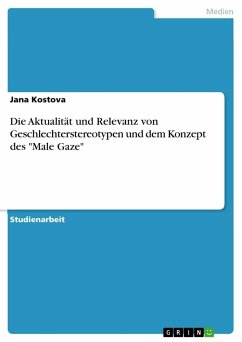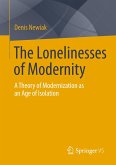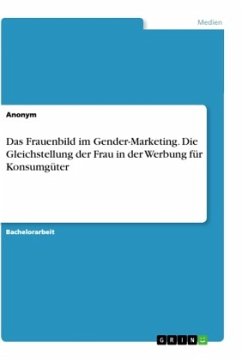The era between World Wars I and II set East-Central Europe on a path of a modernization that was opening up numerous possibilities for challenging the region's traditional politics and established gender roles. In interwar Yugoslavia, questions of ethnically driven nationalism dominated the public discourse, but the modernizing processes of industrialization and rising consumerism also opened up a small public space for the development of the women's press. The intuitive and change-driven Croatian journalist and novelist Marija Juric Zagorka led this parallel and alternative public discourse in Yugoslavia's most popular interwar women's magazine, Zenski list. Forging the Bubikopf Nation is a book about this magazine, its editor, and its readers as well as about the alternative visions of modernity that they were offering to the magazine's readers, both throughout Yugoslavia and within the diasporic communities in the United States and Canada during the thirteen years of the magazine's existence from 1925-1938. Sensitively written, but researched with great methodological rigor and from a range of theoretical perspectives, this is a must-read book for all of those who are interested in mass communication, history, gender, and politics and for those who want to better understand this pivotal time in the history of a highly complex and intriguing part of the world.
«'Forging the Bubikopf Nation' is based on voluminous source material never before used by researchers. It tells a fascinating story of the way a Croatian magazine helped shape a new culture for women under the leadership of a remarkable editor, Marija Juric Zagorka. The term, 'bubikopf', which roughly translates into bobbed hair, symbolized the changes in women's lives in Eastern and Central Europe, promoted through the pages of 'Zenski list', the first magazine published to target women in Croatia and Yugoslavia. Marina Vujnovic has done a brilliant job of placing the magazine and its editor within the context of European journalism between World Wars I and II, making the work of broad appeal to scholars of both history and mass communication. Both illustrations and text set Zagorka, arguably the first woman journalist in Central Europe, and her magazine in the context of her turbulent times.» (Maurine H. Beasley, Professor Emerita, Philip Merrill College of Journalism, University of Maryland College Park)








